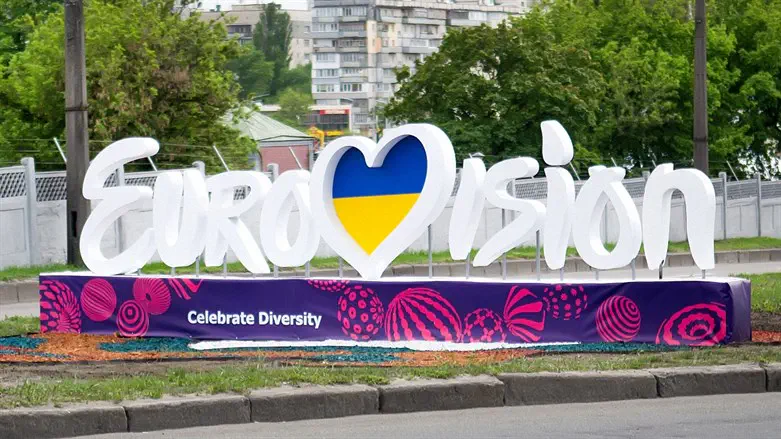
With just weeks remaining until the Eurovision Song Contest takes place in Basel, Switzerland, its new executive supervisor, Martin Green, has firmly pushed back against mounting demands to ban Israel from the event, the European Jewish Press reports.
The calls—led most prominently by Spain’s state broadcaster RTVE—stem from discontent over Israel’s actions amid the ongoing conflict in Gaza. RTVE recently sent a formal letter to the European Broadcasting Union (EBU), the organization responsible for the annual musical showcase, urging a discussion about Israel’s eligibility due to the “concerns” surrounding the region’s instability.
Despite the political pressure, Green made it clear in a recent interview that the contest will maintain its long-standing principle of neutrality.
“Events like Eurovision are about reminding the world of the best it can be. What matters is what unites us, not what divides us,” he stated, underscoring the values the contest seeks to promote.
Green further emphasized the core structure of Eurovision, noting that it operates as a competition between public broadcasting entities, not nations.
“Eurovision is a competition between public broadcasters, not between nations, and it must not be used as a springboard for political sanctions,” he explained.
The semi-finals of the 2025 Eurovision Song Contest are scheduled for May 13 and 15, and the grand final is scheduled for May 17.
Israel has announced that Yuval Raphael, a survivor of the Nova Music Festival massacre on October 7, 2023, will be its Eurovision representative. The song she will perform is called “A New Day Will Rise”, and was written by Keren Peles and musically arranged and produced by Tomer Biran.
Debates over Israel’s involvement in the contest have been mounting. During last year’s event in Malmö, Sweden, thousands demonstrated against Israel’s participation amid the ongoing conflict in Gaza.
The EBU announced before last year’s contest that it rejected calls to ban Israel's participation in Eurovision 2024 because of the war in Gaza.
The EBU made clear at the time that Israel complies with the rules and as such, will take part in the competition.
After the EBU’s announcement that Israel will take part in Eurovision, Iceland’s public broadcaster, RUV, announced it will consider withdrawing from the Contest due to Israel’s participation.
